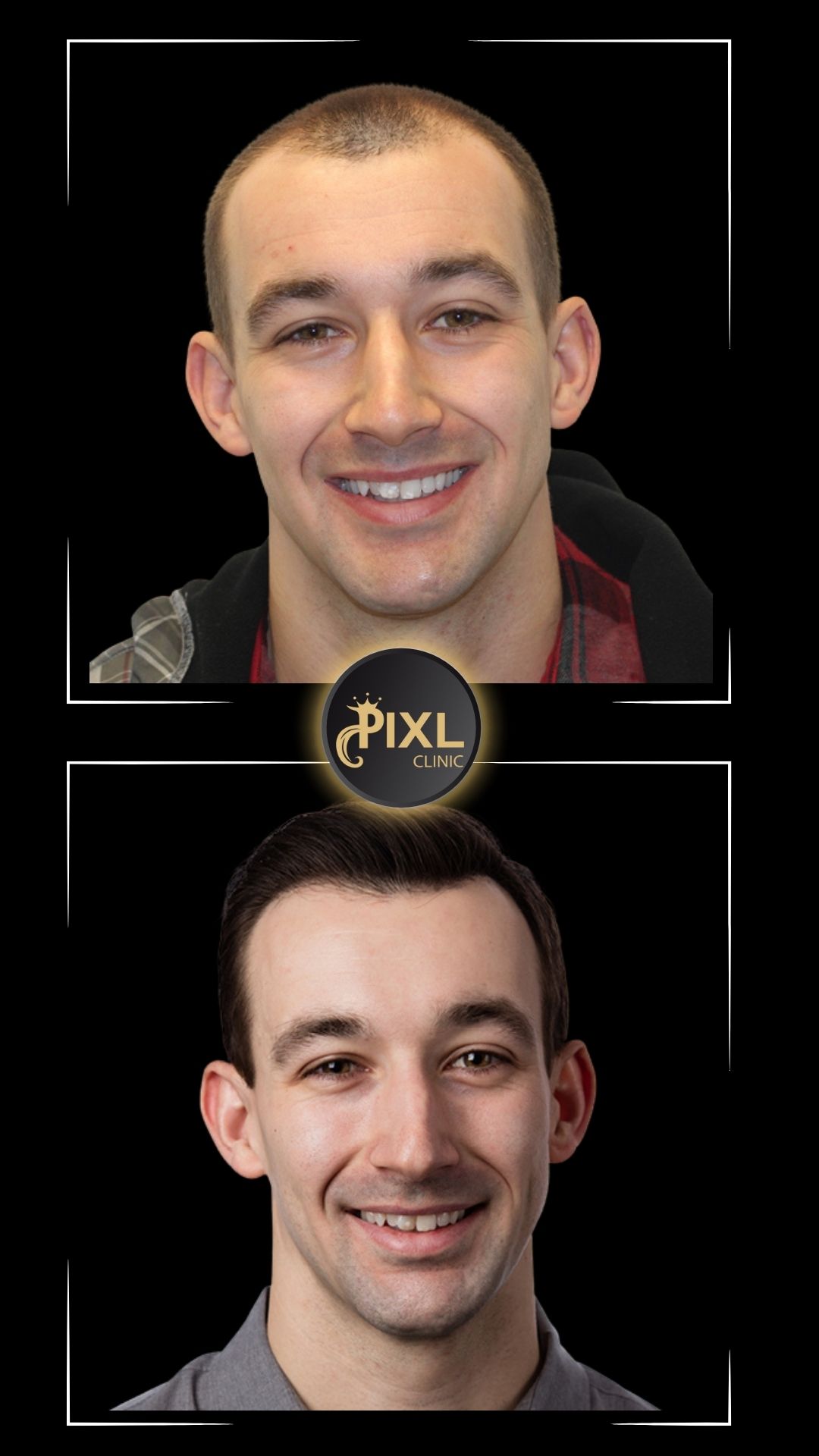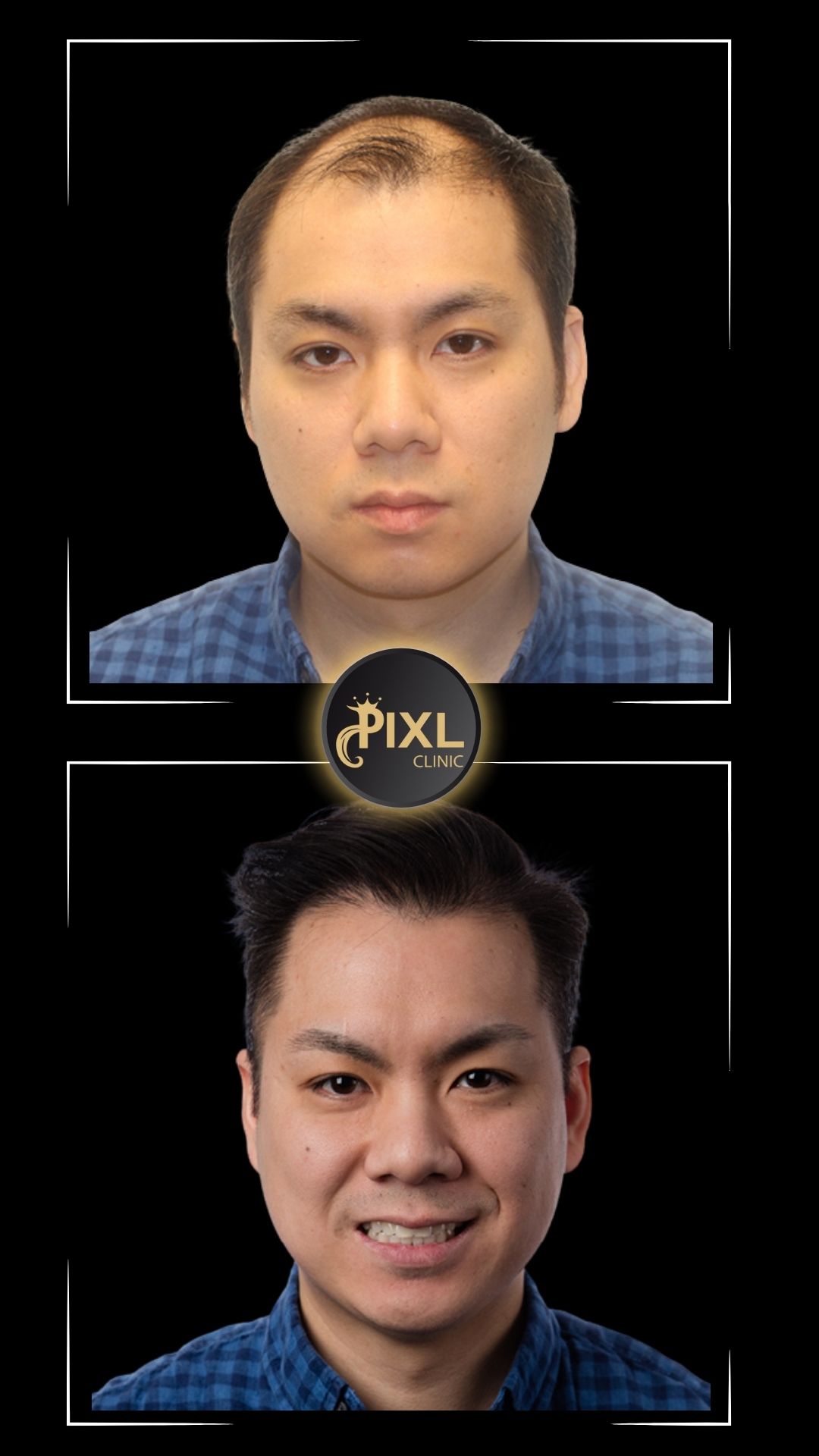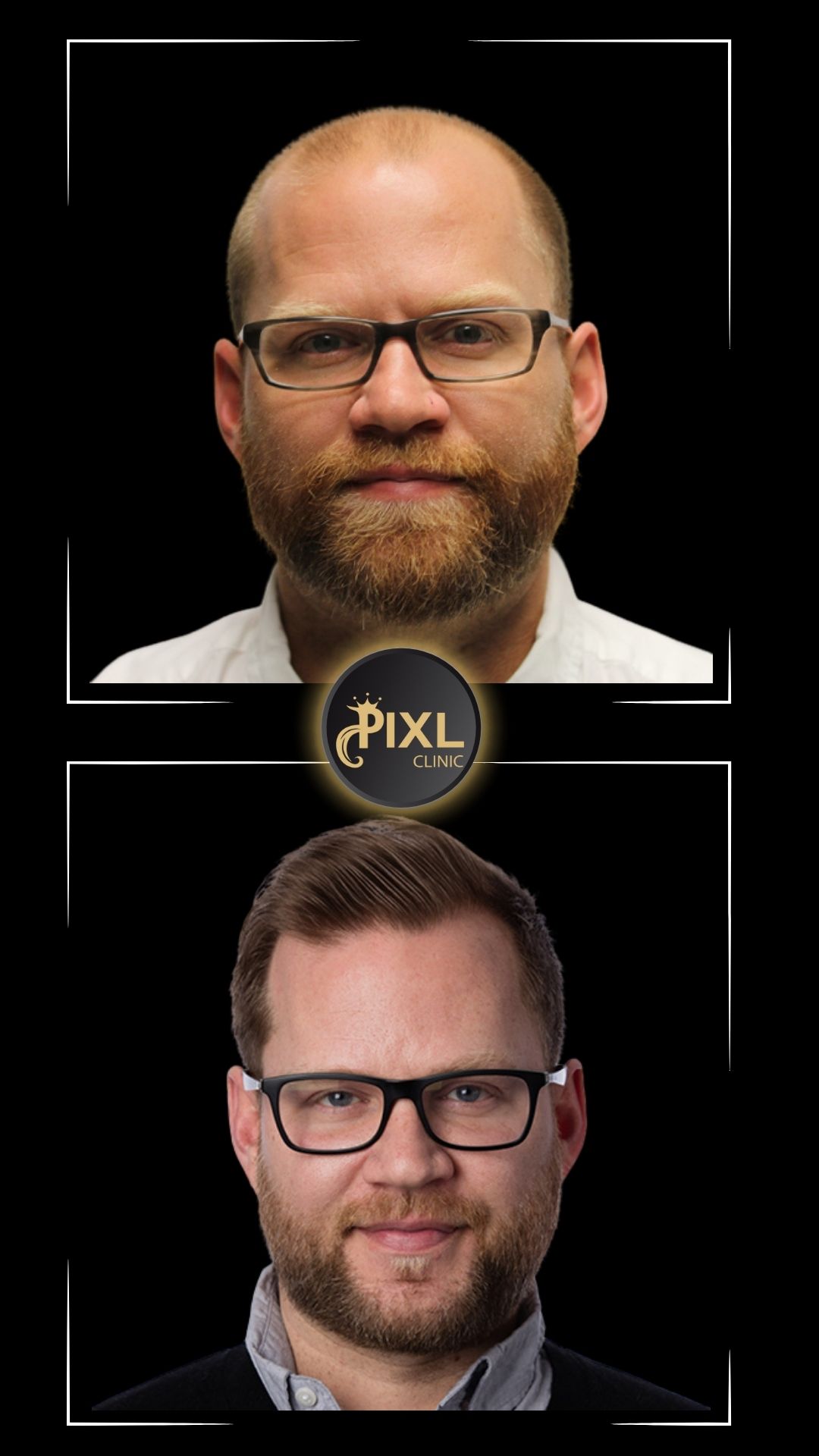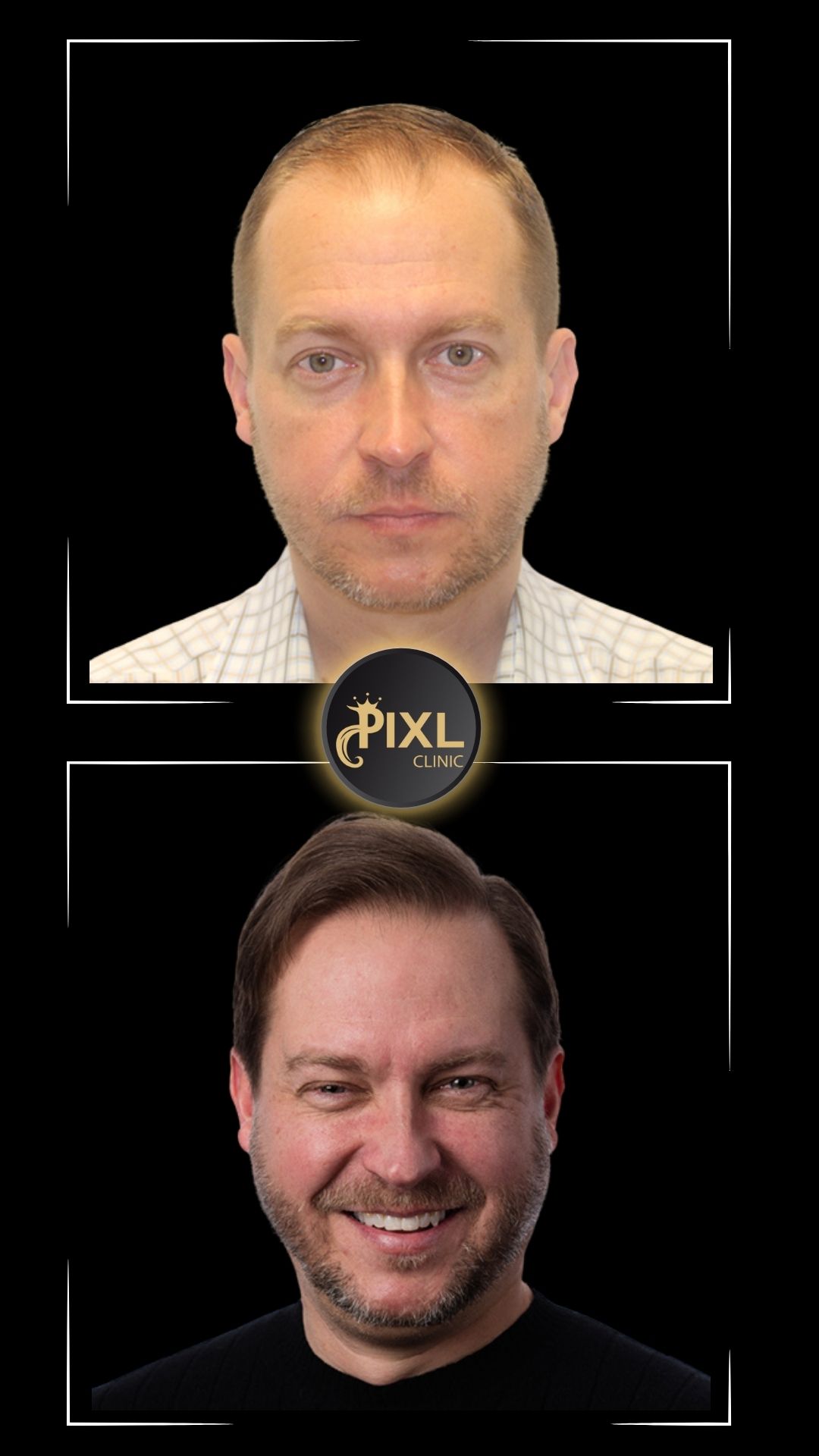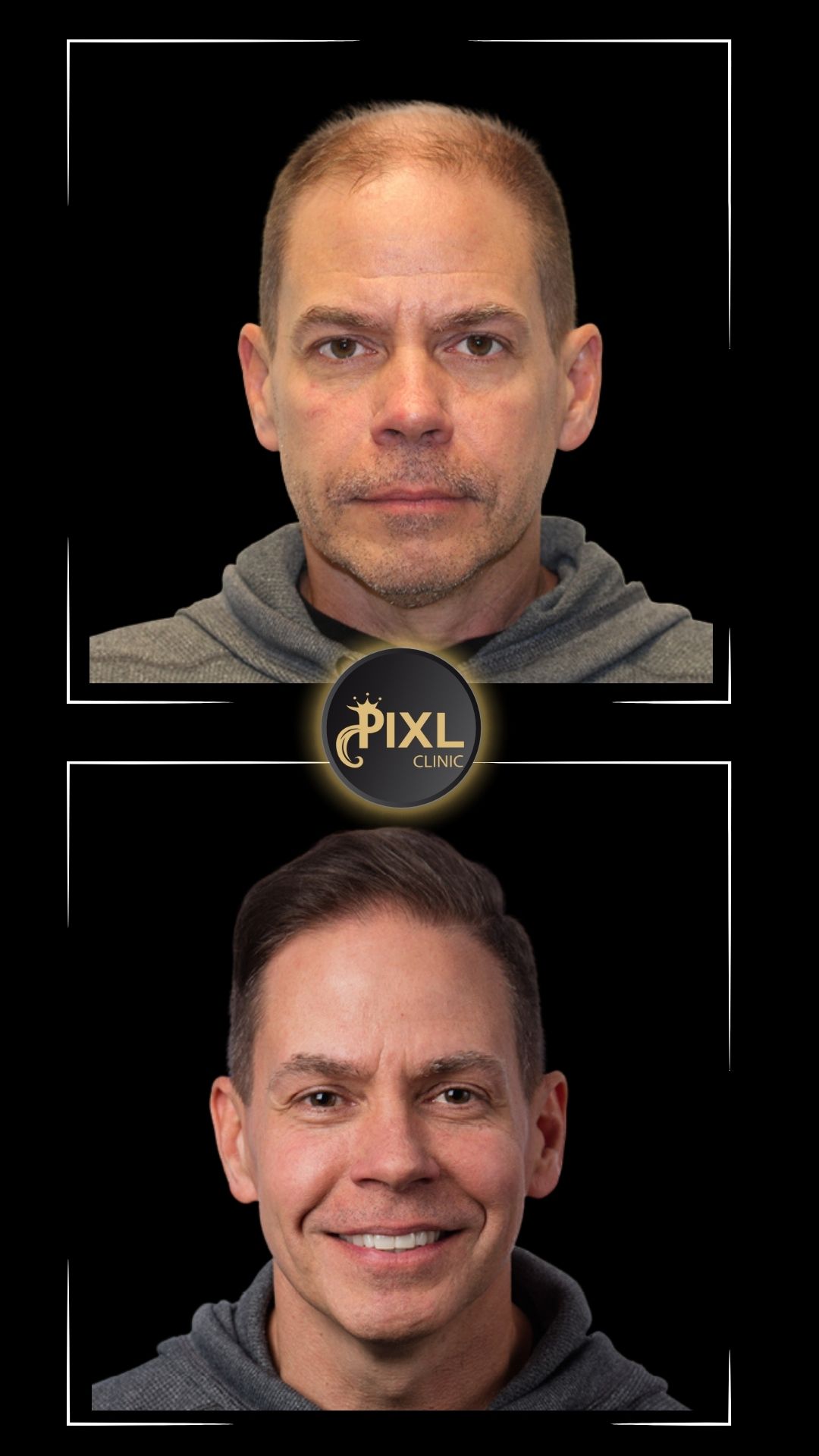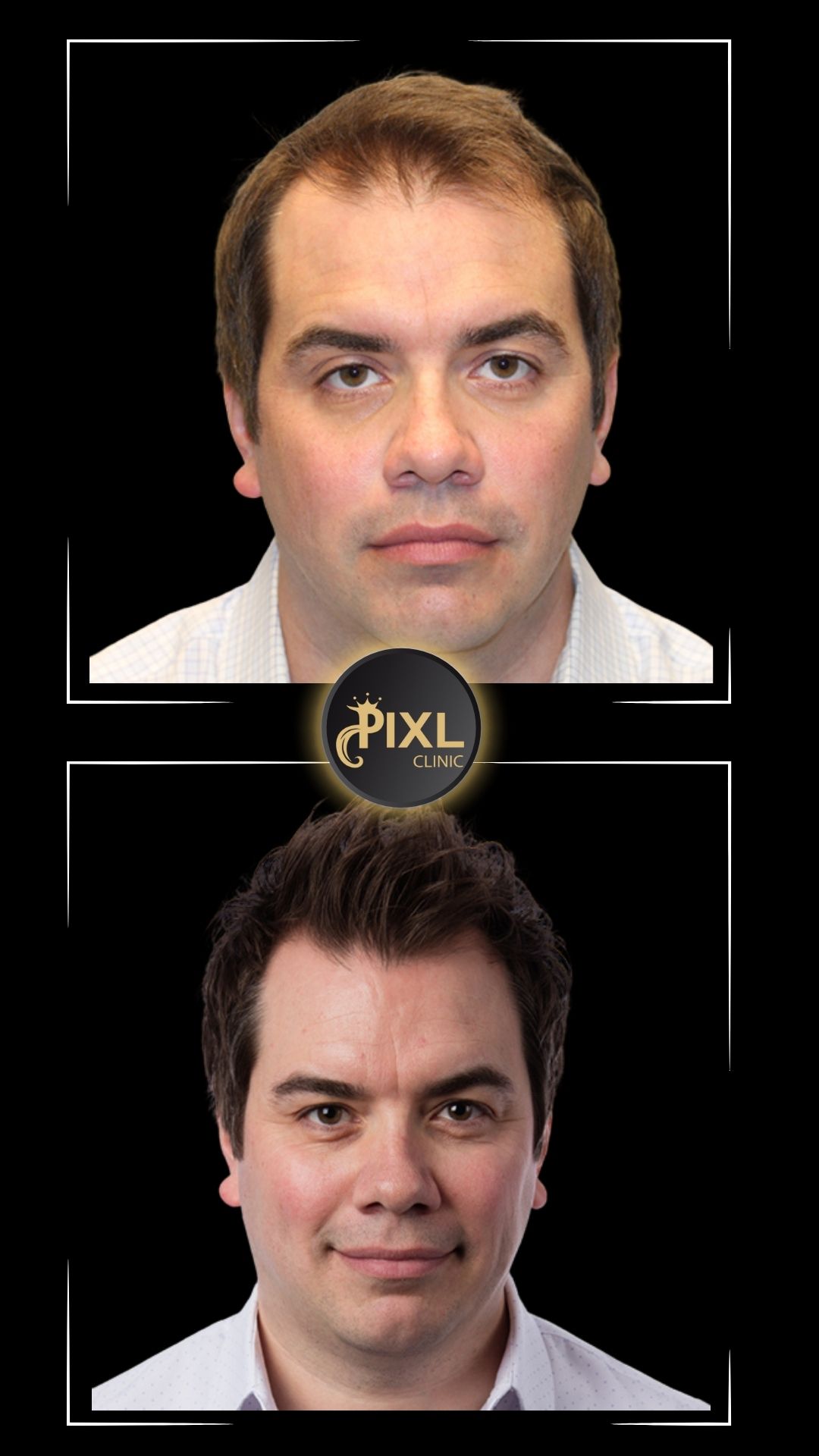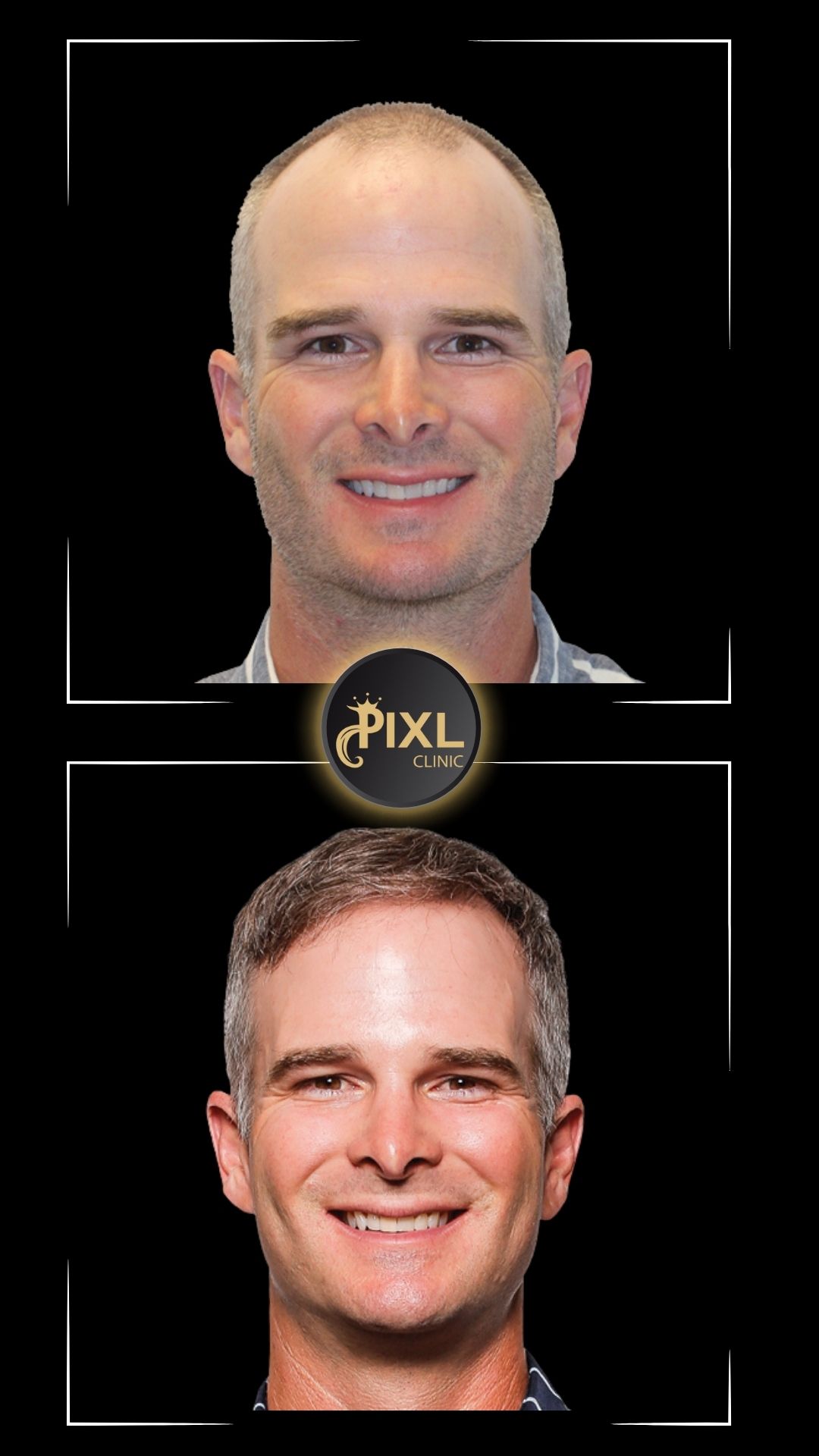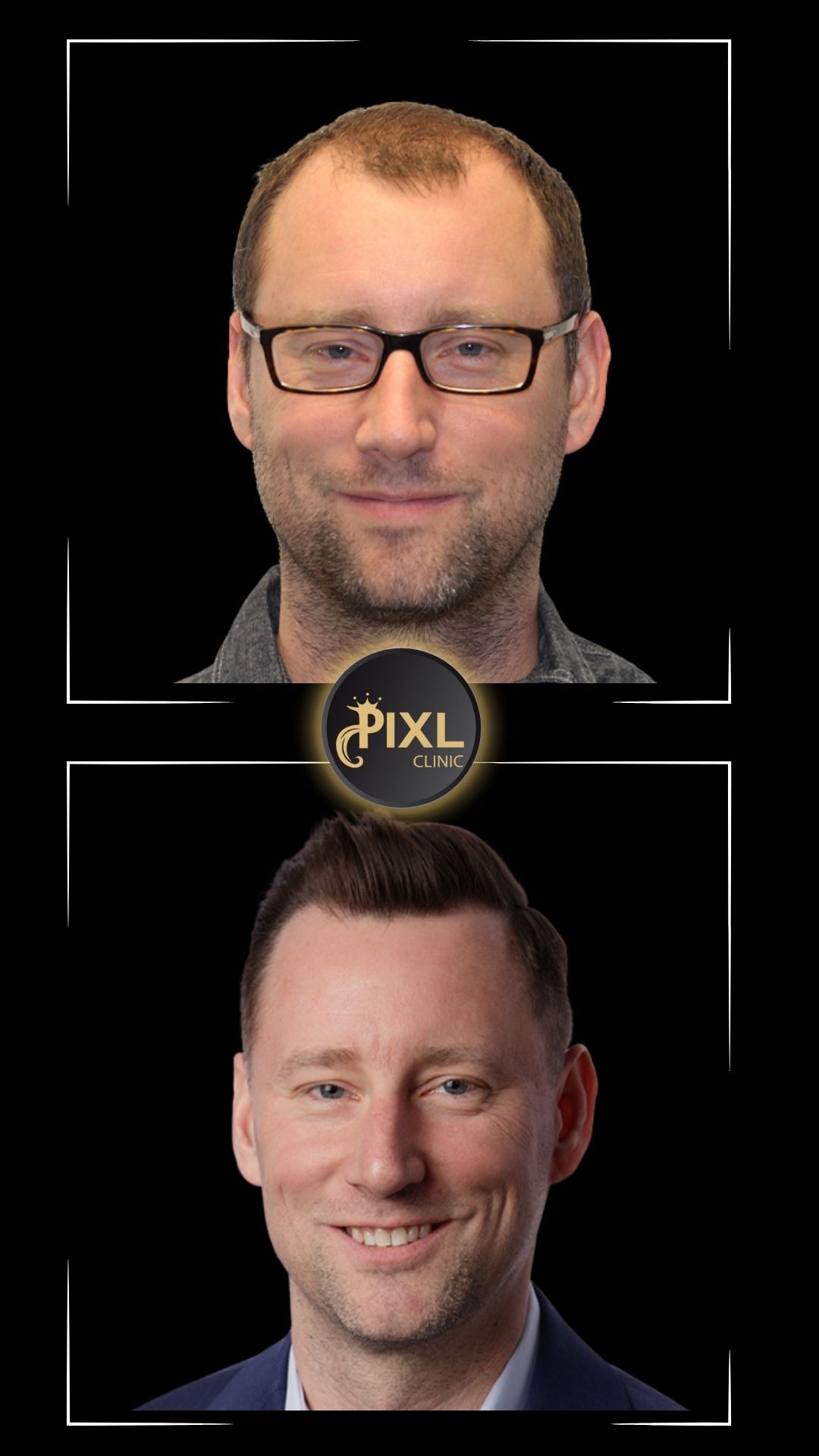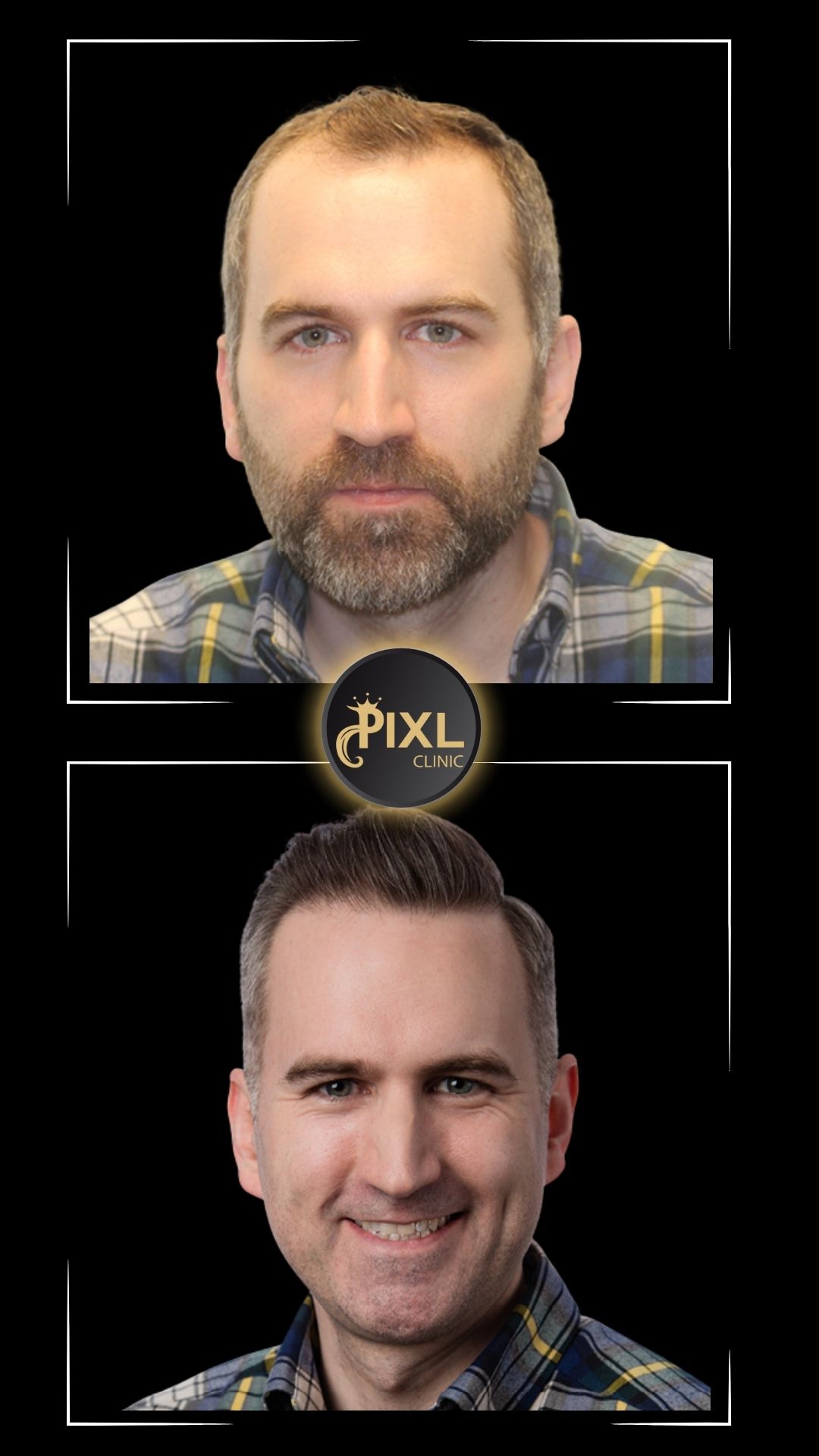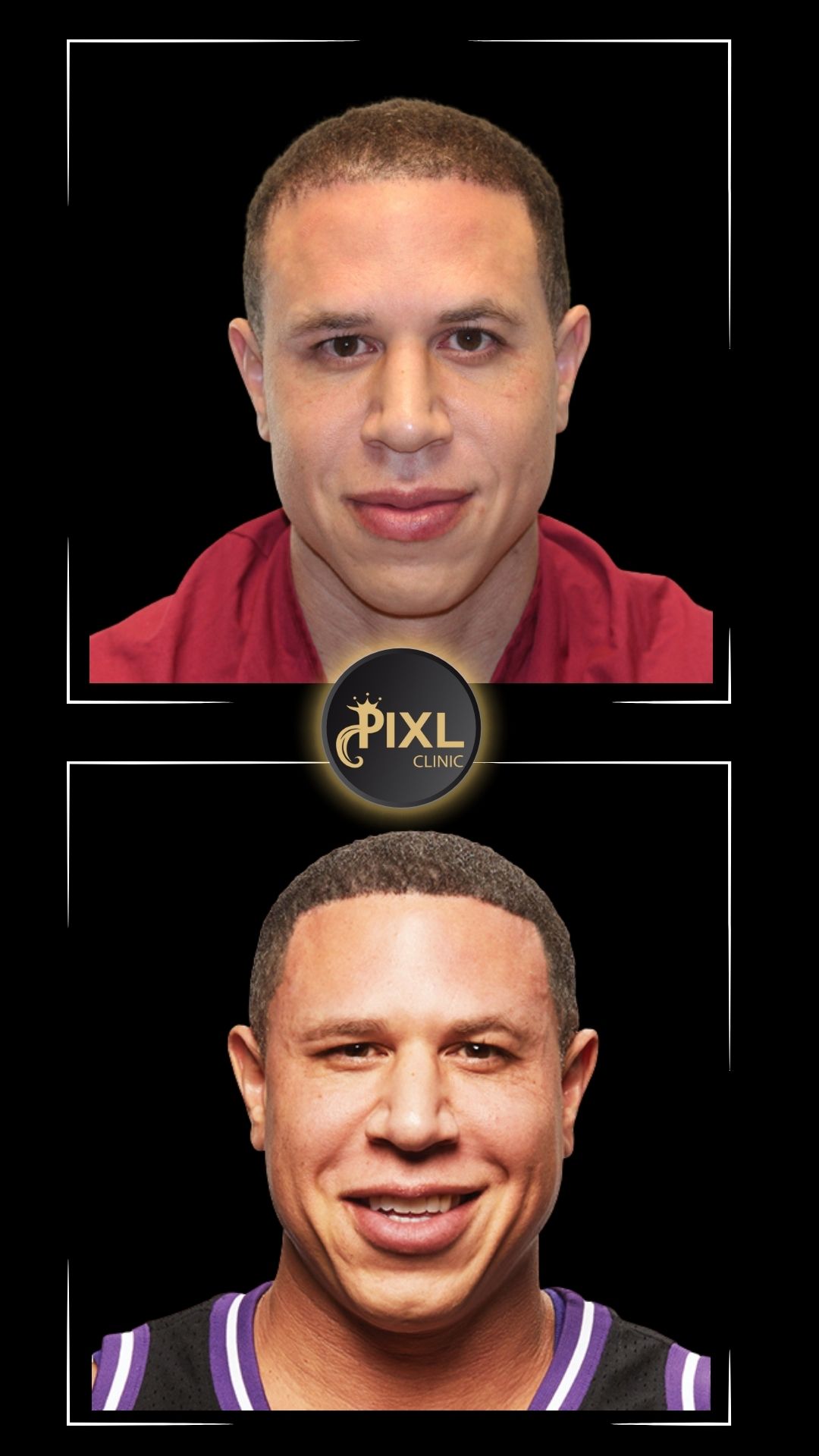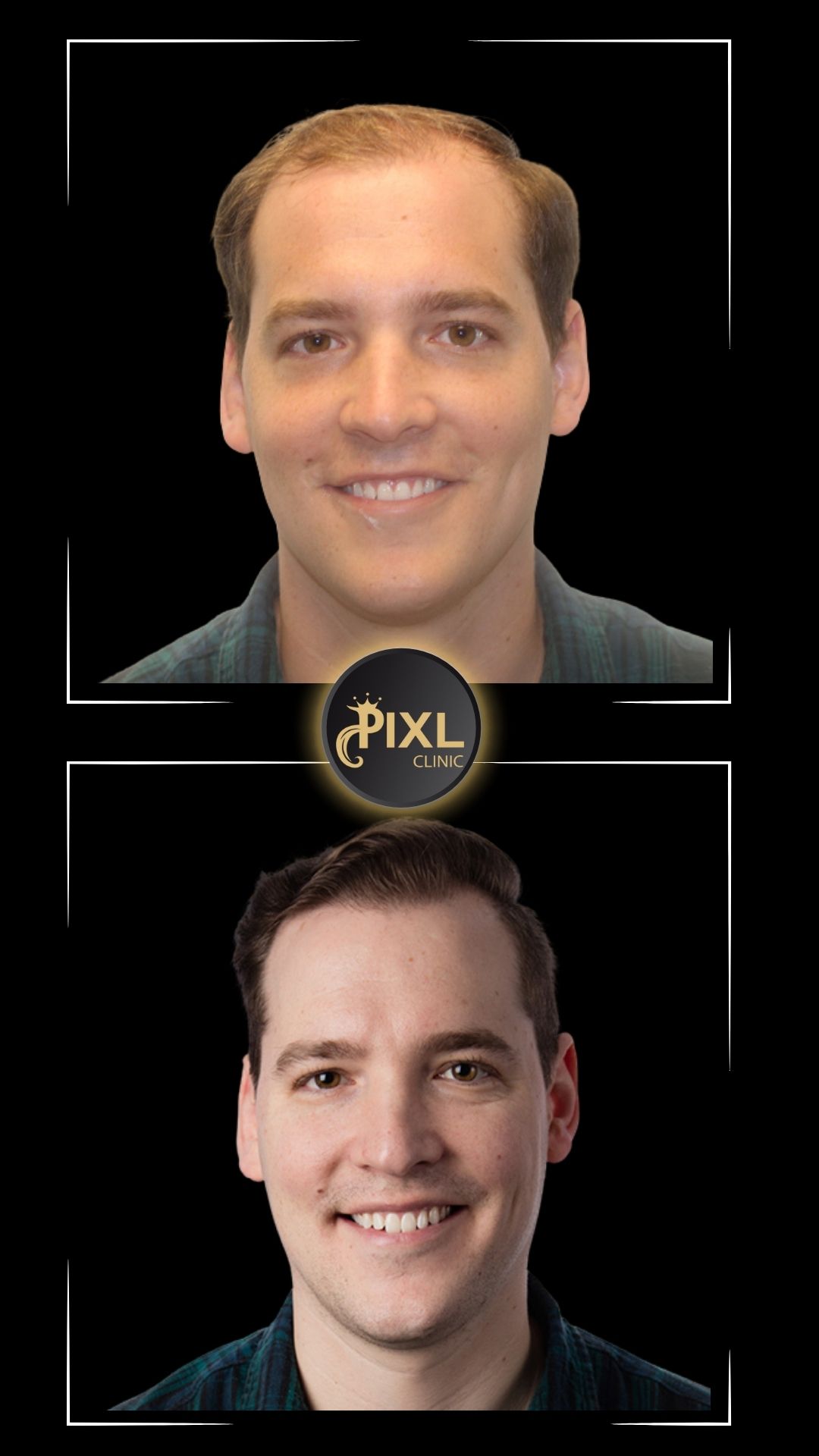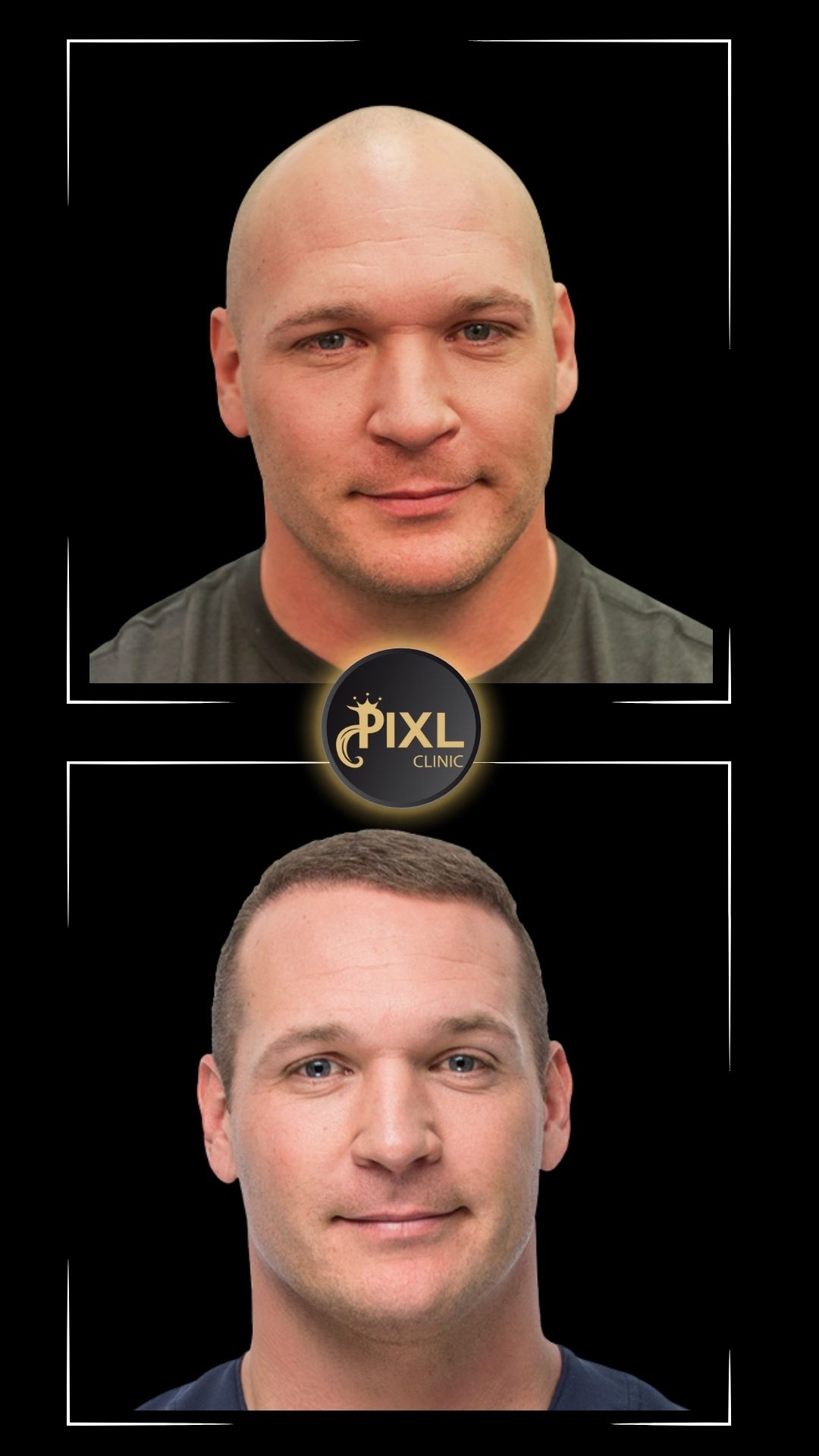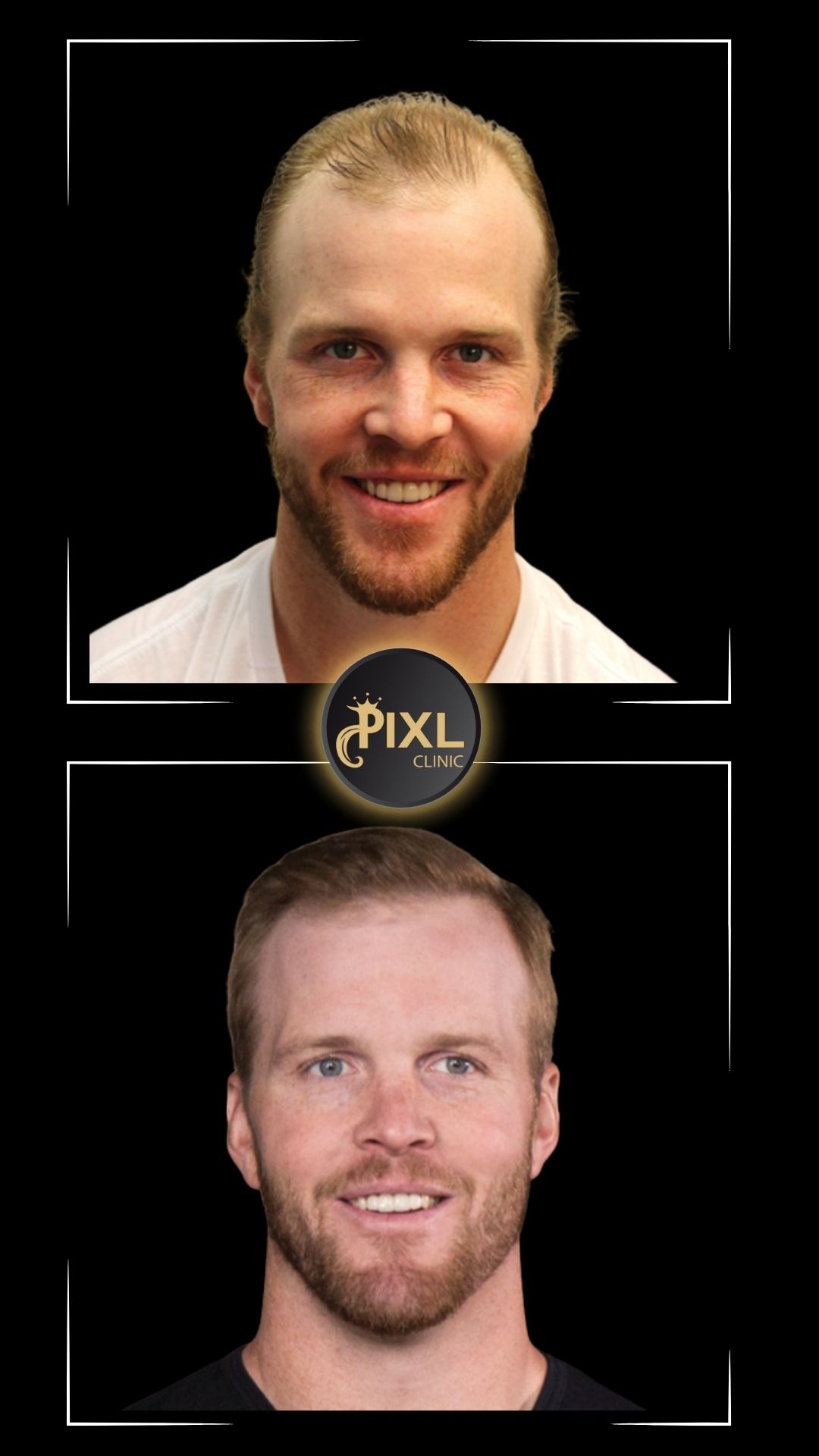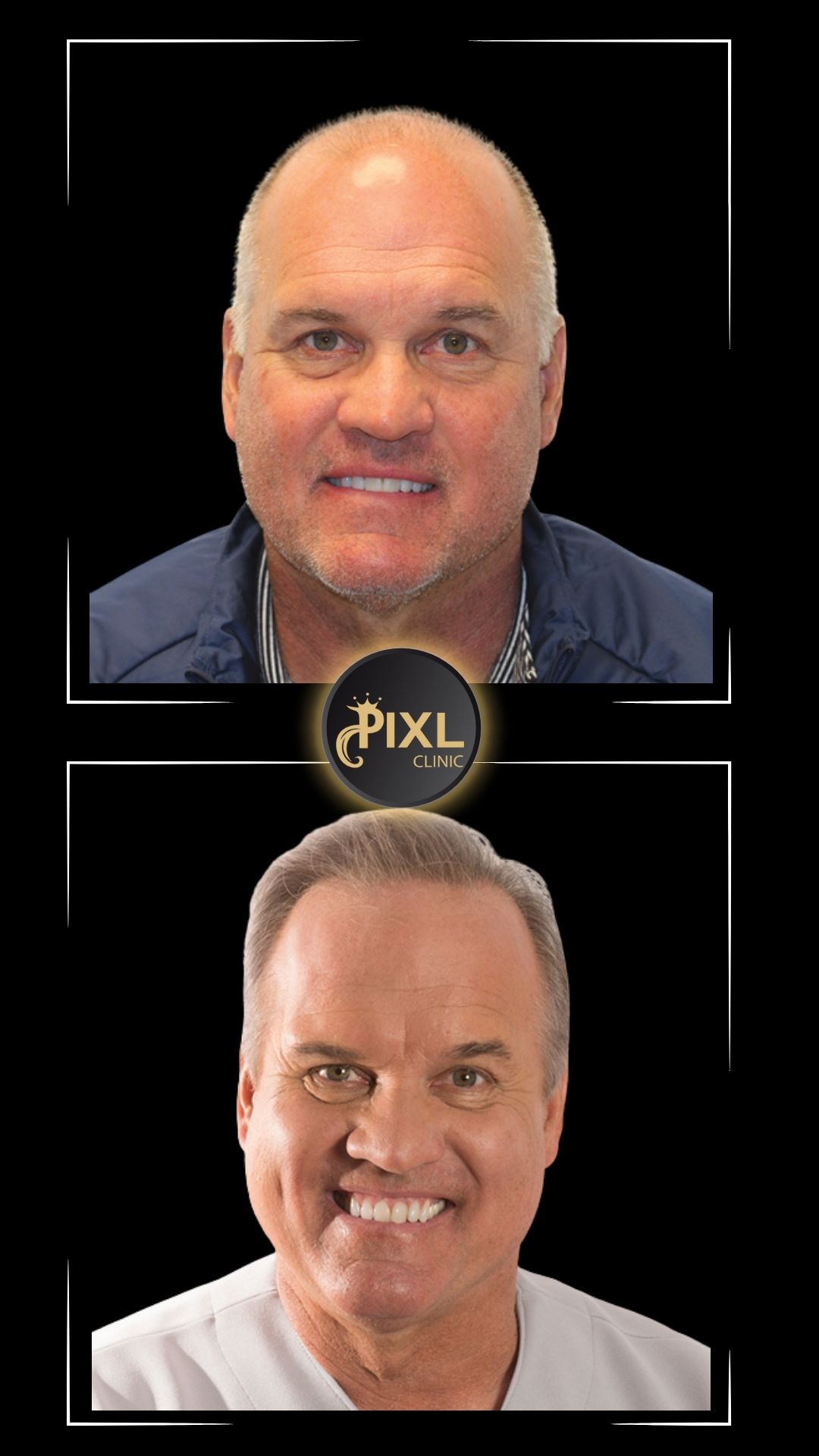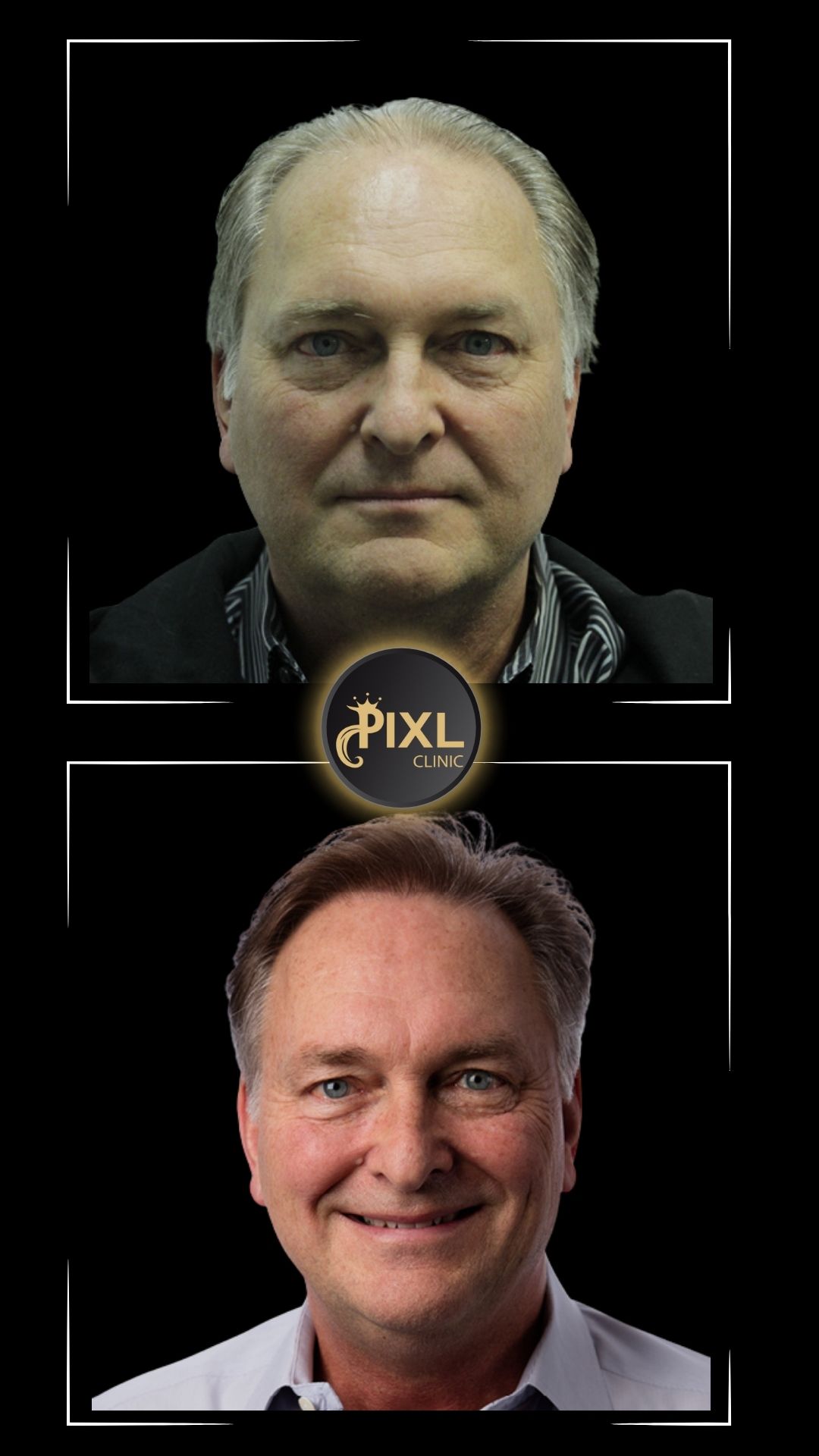Andrew Huberman on Hair Loss and Hair Growth: Insights from Science
Andrew Huberman, a neuroscientist and professor at Stanford University, has become a trusted voice in the realms of health, fitness, and self-optimization. Known for his evidence-based approach, Huberman has addressed the topics of hair loss and hair growth on various platforms, providing insights into the biological mechanisms behind these phenomena and potential treatments.
The Science of Hair Loss
Hormonal Factors
Huberman often emphasizes the role of hormones in hair loss:
- DHT (Dihydrotestosterone): A derivative of testosterone, DHT binds to hair follicles, shrinking them and leading to hair loss, particularly in androgenetic alopecia (male and female pattern baldness).
- Stress Hormones: Elevated cortisol levels can accelerate hair thinning by pushing hair follicles into the shedding phase (telogen effluvium).
Hair Growth Cycle
Understanding the hair growth cycle is critical:
- Anagen Phase: Active growth (lasts 2-7 years).
- Catagen Phase: Transition phase (lasts about 10 days).
- Telogen Phase: Resting phase (lasts about 3 months), followed by hair shedding.
Disruptions to this cycle—due to stress, poor nutrition, or hormonal imbalances—can result in hair thinning or loss.

Factors Contributing to Hair Loss
Huberman highlights several key factors that influence hair health:
- Genetics: Family history of baldness plays a significant role in susceptibility to androgenetic alopecia.
- Stress: Chronic stress elevates cortisol levels, negatively affecting the hair growth cycle.
- Diet and Nutrition: Nutrient deficiencies (e.g., iron, zinc, biotin, and vitamin D) can impair hair health.
- Inflammation: Scalp inflammation can damage hair follicles and hinder growth.
Evidence-Based Strategies for Hair Loss and Growth
Andrew Huberman often focuses on scientifically supported interventions. Here are some of the most notable ones:
Medications
- Finasteride: A DHT blocker that prevents further follicle shrinkage and can stimulate regrowth.
- Minoxidil: A topical treatment that improves blood flow to the scalp and prolongs the anagen phase.
Nutritional Support
Huberman emphasizes the importance of a nutrient-rich diet for optimal hair health:
- Iron and Zinc: Essential for follicle health and growth.
- Biotin (Vitamin B7): Supports keratin production, essential for strong hair.
- Vitamin D: Plays a role in follicle cycling.
Stress Management
Stress reduction techniques can lower cortisol levels, helping to protect the hair growth cycle:
- Meditation and Mindfulness: Reduce overall stress.
- Exercise: Promotes circulation and balances stress hormones.
- Sleep Optimization: Adequate sleep supports hormonal balance and follicle repair.
Scalp Health
Healthy scalp conditions are vital for hair regrowth:
- Scalp Massage: Improves blood flow to hair follicles.
- Topical Treatments: Anti-inflammatory shampoos or serums can reduce irritation and promote growth.
Emerging Therapies
Huberman has discussed cutting-edge treatments for hair loss:
- PRP (Platelet-Rich Plasma): Injections of platelet-rich plasma stimulate follicle activity.
- Low-Level Laser Therapy (LLLT): Stimulates hair follicles using light energy.
Huberman’s Lifestyle Recommendations for Hair Growth
Huberman frequently emphasizes the role of lifestyle in promoting overall health, which includes hair health:
Balanced Diet:
- Focus on whole foods, lean proteins, and nutrient-dense vegetables.
- Ensure adequate omega-3 fatty acid intake for anti-inflammatory benefits.
Exercise:
- Regular exercise promotes circulation and reduces stress hormones.
Sunlight Exposure:
- Adequate sunlight exposure boosts vitamin D levels, which are linked to hair follicle health.
Cold Exposure:
- Huberman has spoken about cold exposure for stress management, which may indirectly support hair health by balancing cortisol levels.
Avoiding Harmful Practices:
- Avoid harsh chemicals, heat styling, and excessive use of hair products that can damage hair.
Potential Future Innovations
Huberman’s interest in neuroscience and biology also intersects with emerging hair restoration technologies:
- Stem Cell Therapy: Research into stem cell treatments shows promise for regenerating hair follicles.
- Genetic Interventions: CRISPR technology may one day target genes associated with hair loss.
- Hair Cloning: Scientists are working on replicating hair follicles for transplantation.
Andrew Huberman’s insights into hair loss and growth emphasize a holistic approach—combining proven treatments with lifestyle optimization and emerging therapies. Whether it’s managing stress, improving nutrition, or exploring innovative technologies, there are actionable steps to improve hair health and combat hair loss.
If you’re experiencing hair loss, consulting with a medical professional or dermatologist can help you identify the underlying causes and create a personalized treatment plan. With the right approach, supported by science, you can take meaningful steps toward maintaining and restoring your hair.
FAQ: Andrew Huberman on Hair Loss and Hair Growth
What causes hair loss, according to Andrew Huberman?
Hair loss occurs due to:
- Hormonal Factors: DHT (dihydrotestosterone) shrinks hair follicles, leading to androgenetic alopecia (male and female pattern baldness).
- Stress: Elevated cortisol can disrupt the hair growth cycle.
- Nutritional Deficiencies: Low levels of iron, zinc, vitamin D, or biotin can impair hair health.
- Inflammation: Scalp inflammation damages hair follicles.
What is the hair growth cycle?
The hair growth cycle has three phases:
- Anagen (Growth Phase): Lasts 2-7 years, where active growth occurs.
- Catagen (Transition Phase): Lasts about 10 days as hair prepares to shed.
- Telogen (Resting Phase): Lasts about 3 months before hair sheds, making room for new growth.
Disruptions to this cycle can lead to thinning or hair loss.
What are the main causes of male and female pattern baldness?
Androgenetic alopecia is primarily caused by:
- Genetics: Family history of baldness.
- Hormones: DHT binds to hair follicles, shrinking them over time.
- Age: Follicle sensitivity to DHT increases with age.
What treatments for hair loss does Andrew Huberman recommend?
Evidence-based treatments include:
- Finasteride: Blocks DHT to prevent further follicle shrinkage.
- Minoxidil: Increases blood flow to the scalp and prolongs the growth phase.
- PRP (Platelet-Rich Plasma): Stimulates follicles using plasma-rich injections.
- Low-Level Laser Therapy (LLLT): Uses light energy to activate hair follicles.
Can diet help with hair growth?
Yes, a nutrient-rich diet is essential for healthy hair:
- Iron and Zinc: Critical for follicle function and growth.
- Biotin (Vitamin B7): Supports keratin production.
- Omega-3 Fatty Acids: Reduce inflammation and promote scalp health.
- Vitamin D: Plays a role in follicle cycling.
How does stress affect hair loss?
Chronic stress increases cortisol levels, which can:
- Push hair follicles into the resting phase (telogen effluvium).
- Reduce blood flow to the scalp. Managing stress through mindfulness, meditation, and exercise can help protect the hair growth cycle.
What lifestyle changes does Huberman recommend for better hair health?
Huberman emphasizes:
- Balanced Diet: Whole foods, lean proteins, and nutrient-dense vegetables.
- Regular Exercise: Promotes blood circulation and reduces stress hormones.
- Sleep Optimization: Supports hormonal balance and follicle repair.
- Scalp Care: Regular scalp massage to stimulate blood flow.
What role does cortisol play in hair loss?
High cortisol levels:
- Shorten the growth phase of hair (anagen).
- Push more hair into the resting and shedding phases. Stress management is essential for maintaining a healthy hair cycle.
Are there non-invasive treatments for hair growth?
Yes, non-invasive options include:
- Minoxidil: A topical treatment to enhance blood flow.
- Scalp Massage: Improves circulation to hair follicles.
- Low-Level Laser Therapy (LLLT): Stimulates hair follicles using light.
What emerging therapies show promise for hair growth?
Cutting-edge options include:
- Stem Cell Therapy: Research suggests it may regenerate hair follicles.
- Hair Cloning: Developing technology to replicate and transplant hair follicles.
- CRISPR Gene Editing: Future potential for altering genes linked to hair loss.
Can lifestyle changes alone stop hair loss?
Lifestyle changes, such as improving nutrition and managing stress, can slow hair loss but may not reverse significant thinning. Combining lifestyle adjustments with medical treatments provides the best results.
How does sunlight exposure impact hair growth?
Sunlight boosts vitamin D levels, which are linked to healthy hair follicle cycling. Huberman recommends moderate sunlight exposure for overall health.
What role do inflammation and scalp health play in hair loss?
Scalp inflammation can damage hair follicles and hinder growth. Treatments like anti-inflammatory shampoos or scalp serums can improve scalp conditions.
How long do treatments like finasteride or minoxidil take to show results?
- Finasteride: Results may appear after 3-6 months.
- Minoxidil: New growth typically begins after 4-6 months of consistent use. Full results from either treatment can take up to 12 months.
Does Huberman recommend supplements for hair growth?
Yes, key supplements include:
- Biotin: Supports keratin production.
- Zinc and Iron: Essential for follicle health.
- Vitamin D: Promotes proper follicle cycling. Always consult a healthcare professional before starting supplements.
Can hair loss due to stress be reversed?
Yes, stress-related hair loss (telogen effluvium) is often reversible. Reducing stress and adopting a healthy lifestyle can restore the hair growth cycle.
Does Huberman discuss the psychological effects of hair loss?
While Huberman focuses on the science of hair loss, he acknowledges its impact on confidence and self-esteem. Effective treatments can have both physical and psychological benefits.
What is the role of genetics in hair loss?
Genetics determine your sensitivity to DHT, which influences the likelihood and pattern of androgenetic alopecia.
Can regular exercise improve hair growth?
Yes, exercise promotes blood circulation to the scalp and reduces stress hormones like cortisol, supporting healthy hair follicles.
What’s the next step if I’m experiencing hair loss?
- Consult a Dermatologist: Get an accurate diagnosis and discuss treatment options.
- Adopt a Healthy Lifestyle: Improve diet, reduce stress, and maintain scalp health.
- Consider Medical Treatments: Use evidence-based therapies like finasteride, minoxidil, or PRP.

